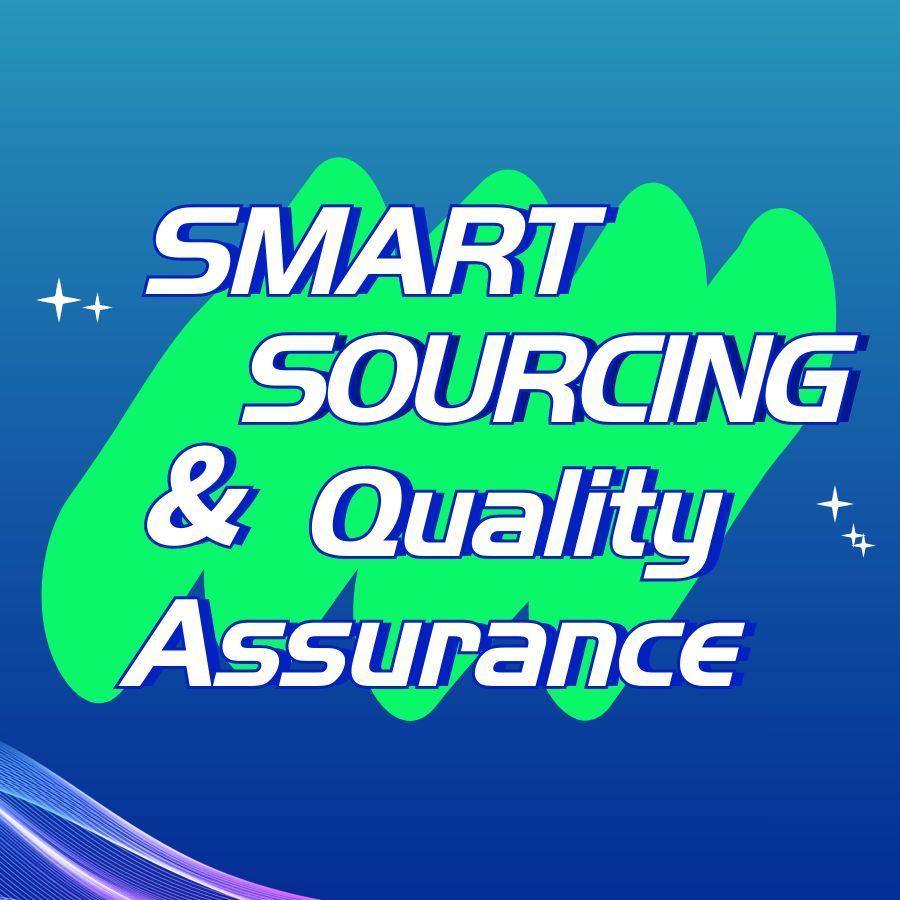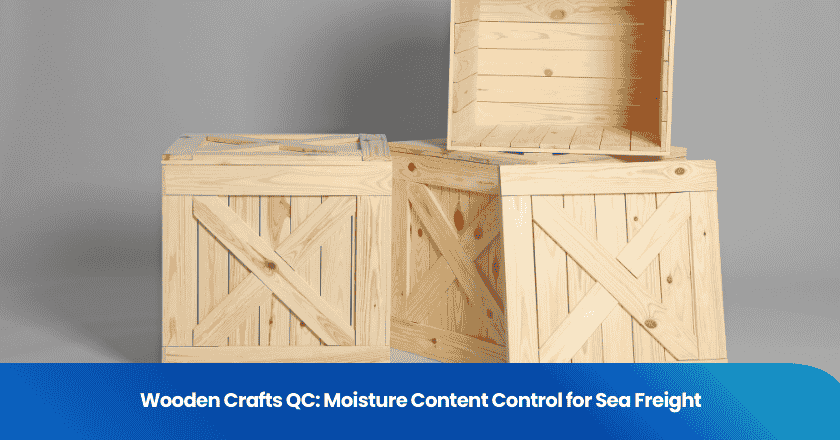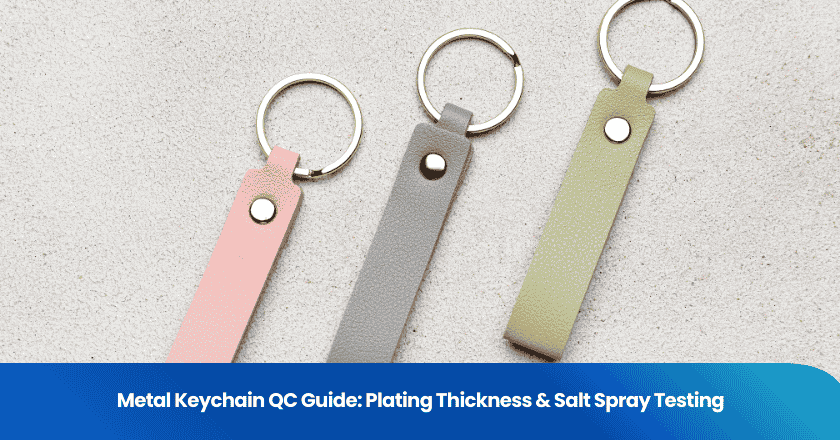
Procurement Expert: How to Complete Strategic Procurement
In a globalized and fiercely competitive business environment, procurement is no longer a simple buying and selling transaction. It is a crucial strategic link related to the long-term development and sustained competitive advantage of enterprises. To maintain competitiveness, enterprises must strive for excellence in procurement management.
Strategic Procurement, as a forward-looking and systematic procurement strategy, effectively improves the procurement efficiency of enterprises through in-depth market analysis, supplier relationship management, and process optimization, achieving effective cost control and maximizing value creation.
This article will introduce the key aspects of completing Strategic Procurement to help companies better respond to market challenges and achieve sustainable development.
The Position of Procurement Experts in the Strategic Procurement System
In the Strategic Procurement system, procurement experts are the executors of the procurement process and key figures in strategy formulation.
The following are the main roles of procurement experts in Strategic Procurement :
1. Strategic Formulator: Procurement experts possess extensive industry knowledge and procurement experience, capable of formulating scientific procurement strategies based on market trends and corporate needs, ensuring that procurement activities align with the overall strategic objectives of the company.
2. Supply Chain Optimizer: Through rigorous selection and management of suppliers, they can optimize the supply chain, ensure timely supply of materials or services, reduce supply chain risks, and improve the stability of the overall supply chain.
3. Cost Control Expert: Proficient in cost control techniques, through negotiation, market research, and data analysis, to minimize procurement costs, save funds for the company, and increase profitability.
4. Risk Manager: In the face of risks such as market fluctuations and supply chain disruptions, procurement experts can anticipate and develop corresponding risk management measures to ensure that the company can maintain normal operations under various uncertain factors.
5. Technology Enablers: Procurement experts are adept at utilizing modern technologies such as electronic procurement systems, supply chain management systems, and big data analysis to enhance the transparency and efficiency of the procurement process, driving the digital transformation of the enterprise.
6. Compliance Assurer: Familiar with various laws, regulations, and industry standards, ensuring the legality and compliance of procurement activities, avoiding legal risks and reputation damage.
Clarify procurement objectives and strategic positioning
Defining procurement objectives is the first step in Strategic Procurement Solutions. Before starting any procurement activity, companies must clarify their procurement goals and strategic positioning.
Enterprises should combine their own business needs, market environment, and competitors' situation to clarify specific goals in cost control, quality assurance, supply chain stability, and innovation support.
According to the company's long-term development strategy, a strategic positioning of procurement is carried out to ensure that procurement activities are consistent with the overall corporate strategy. By setting clear procurement goals, the company can carry out subsequent work with greater specificity.
In-depth market research and supplier selection
Market research is a key link in Strategic Procurement Solutions.
By collecting and analyzing market data, understanding industry dynamics, product price trends, and competitors' procurement strategies, companies can make more informed procurement decisions.
On this basis, enterprises need to conduct strict screening and evaluation of potential suppliers to ensure that the suppliers can meet the needs of the enterprise in terms of product quality, delivery capability, price level, and service quality.
Establish long-term stable supplier partnerships
Strategic Procurement Solutions test the ability of suppliers to establish long-term stable cooperative relationships. By establishing a mutually trusting, mutually beneficial, and mutually winning partnership with suppliers, the stability of supply and the controllability of costs can be ensured.
To achieve this goal, enterprises should actively communicate with suppliers to jointly develop cooperation plans and objectives, ensuring the alignment of interests between both parties.
Companies can further strengthen their cooperative relationships with suppliers by signing long-term contracts or strategic cooperation agreements.
Optimize procurement processes and risk management
The efficiency and risk management of the procurement process directly impact the company's procurement costs and competitiveness.
Enterprises need to continuously optimize their procurement processes and improve procurement efficiency.
By introducing electronic procurement systems, simplifying processes, and enhancing procurement transparency, the procurement costs are reduced and the procurement cycle is shortened.
Enterprises also need to identify and assess potential risks that may arise during the procurement process, and formulate corresponding risk response strategies to ensure the smooth progress of procurement activities.
As a smart sourcing agent, TradeAider has over 2,200 partner factories in China and other countries, and more than 80,000 quality control and product development specialists worldwide. This extensive network enables TradeAider to provide superior sourcing services, ensuring their clients receive high-quality products at lower costs with timely deliveries.
Additionally, TradeAider empowers buyers to conveniently monitor the entire production process with a quick glance through the TradeAider App. The app provides a completely transparent system for overseeing orders across various factories. This level of supervision is particularly advantageous in addressing buyer concerns related to delivery times and quality control. By proactively identifying, preventing, and promptly resolving issues during the production phase through collaborative efforts between buyers, TradeAider, and the factories, any potential disruptions are mitigated. This comprehensive approach ensures that last-minute surprises related to delivery timelines and product quality are effectively eradicated.
Performance Evaluation and Continuous Improvement
Strategic procurement is a continuously optimized process. Enterprises need to regularly evaluate the performance of procurement activities, including cost savings, supplier performance, on-time delivery rate and other indicators. Based on the evaluation results, timely adjust procurement strategies and work with suppliers to improve in order to maximize long-term procurement benefits.
Enterprises also need to pay attention to industry dynamics and competitors' situations, continuously learn and draw on advanced procurement concepts and methods, and continuously improve their own procurement capabilities.
Leverage Technology and Innovation to Enhance Procurement Value
With the development of technology, new tools and methods are constantly emerging in the procurement field. By utilizing big data, artificial intelligence, and other technological means, enterprises can more accurately analyze market demand, predict price fluctuations, and optimize inventory management.
By collaborating with suppliers to innovate and jointly develop new products or solutions, the value of procurement can be further enhanced. Through the combination of technology and innovation, companies can stand out in the fierce market competition and achieve sustainable development and innovation.
Adhere to Compliance and Ethical Procurement
In the process of Strategic Procurement, companies must adhere to the principles of compliance and ethical procurement.
Comply with relevant laws, regulations, and ethical standards to ensure the legality and fairness of procurement activities.
Enterprises also need to respect human rights, pay attention to environmental protection and fair trade issues, and achieve sustainable supply chain management.
By practicing compliance and ethical procurement, companies can establish a good corporate image and reputation, and win more trust and support from customers and partners.
Internal collaboration processes and regulations ensure fair procurement
Strengthen the collaborative relationship between various departments within the enterprise's internal value chain to ensure the effective implementation of strategic procurement decisions. Establish cross-departmental commodity groups to jointly participate in the procurement decision-making process and improve procurement efficiency and effectiveness.
The following are some key measures to ensure the fairness and impartiality of procurement:
1. Establish clear procurement rules and processes
Establish a clear procurement process, including demand integration, supplier selection, quotation comparison, review decision-making, etc., to ensure that all suppliers participate in bidding under the same conditions. The process should be open and transparent, allowing all participants to understand and follow it.
2. Information Disclosure and Transparency
Publicly release procurement information through multiple channels such as the company website and procurement platforms to ensure that all potential suppliers have equal access to information and opportunities. Timely publicize procurement results, including bid evaluation criteria, scoring system, and review outcomes, for all participants to verify and supervise.
3. Establish a fair review mechanism
Establish an independent procurement review committee, composed of representatives from multiple relevant departments, to ensure the fairness of the review process. Adhere to objective and neutral evaluation criteria, without favoring any party, to ensure fair treatment of all suppliers.
4. Supplier Management and Qualification Review
Establish a comprehensive supplier management system, conduct qualification reviews and credit assessments for all suppliers participating in bidding. Ensure that suppliers have the necessary strength and credibility to provide high-quality products or services.
5. Establish a grievance and feedback mechanism
For suppliers who do not meet the criteria, the reasons should be promptly communicated and channels for appeal should be provided. Suppliers are encouraged to provide feedback in order to continuously optimize the procurement process and rules.
6. Internal Monitoring and Auditing
Strengthen the monitoring and management within the procurement department, establish an internal control management team for self-review. Conduct regular internal audits, control the entire process from planning to payment, and ensure the compliance and fairness of procurement activities.
7. Training and Education
Regularly conduct professional knowledge and ethics education for procurement personnel to improve their procurement skills and ethical awareness. Emphasize the principles of fairness, equity, and openness, and require procurement personnel to practice these principles in actual operations.
The construction of Strategic Procurement requires comprehensive consideration of multiple aspects. By implementing these strategies, companies can reduce costs, improve efficiency, and work with suppliers to create greater value, achieving long-term sustainable development.
Grow your business with TradeAider Service
Click the button below to directly enter the TradeAider Service System. The simple steps from booking and payment to receiving reports are easy to operate.




